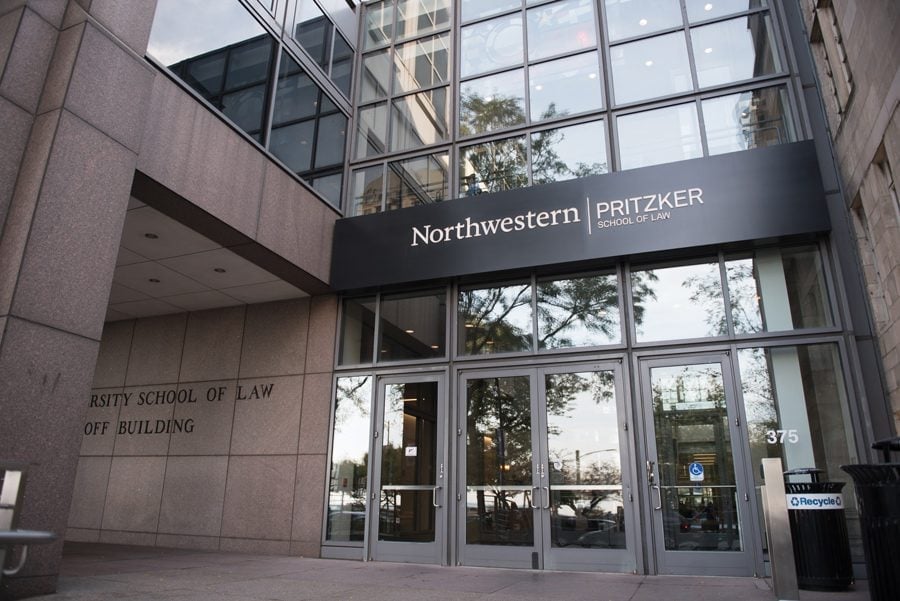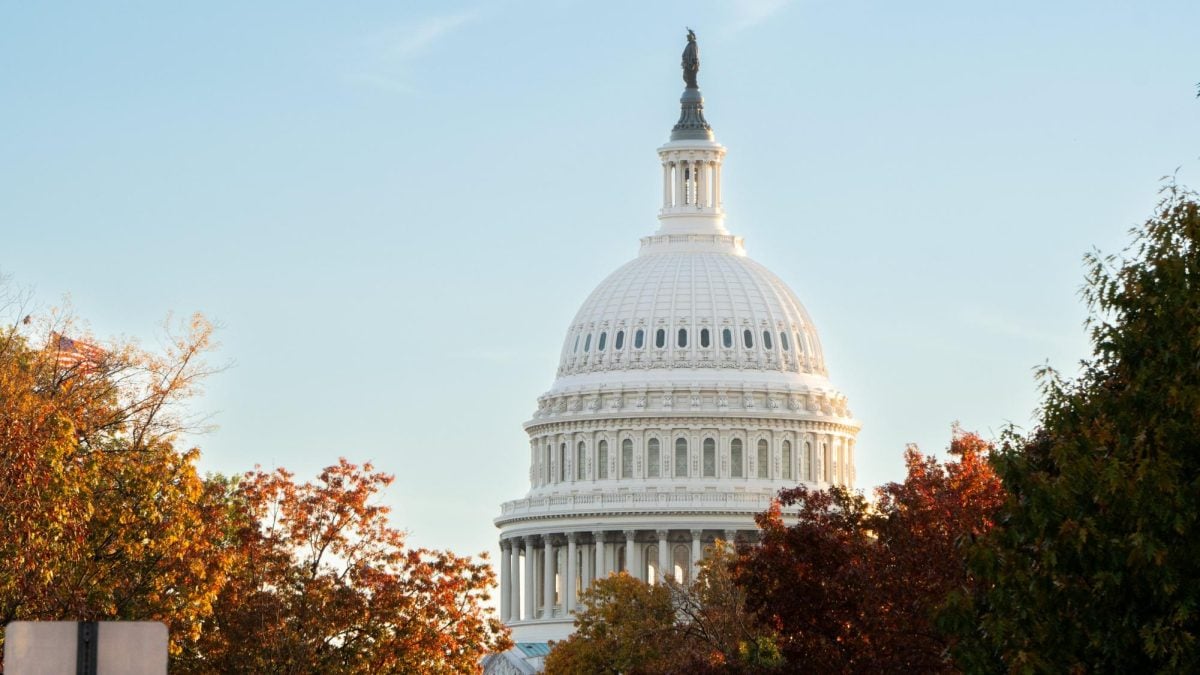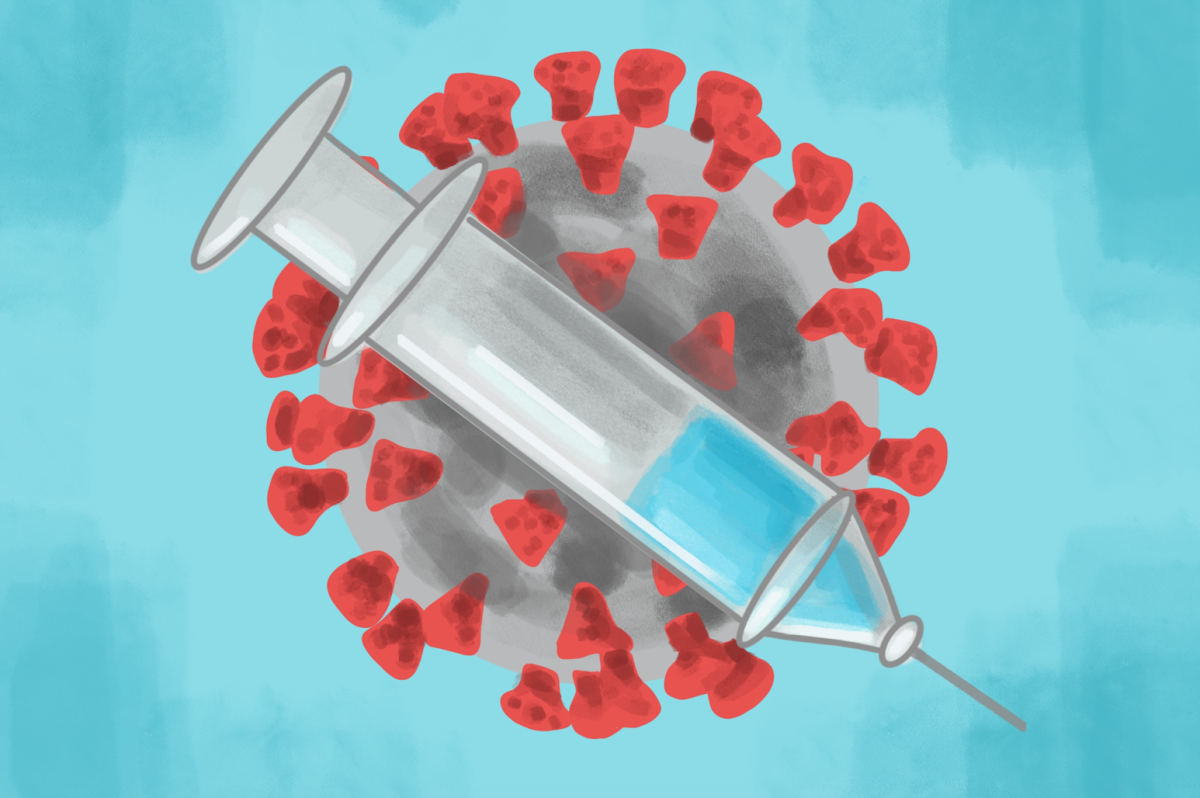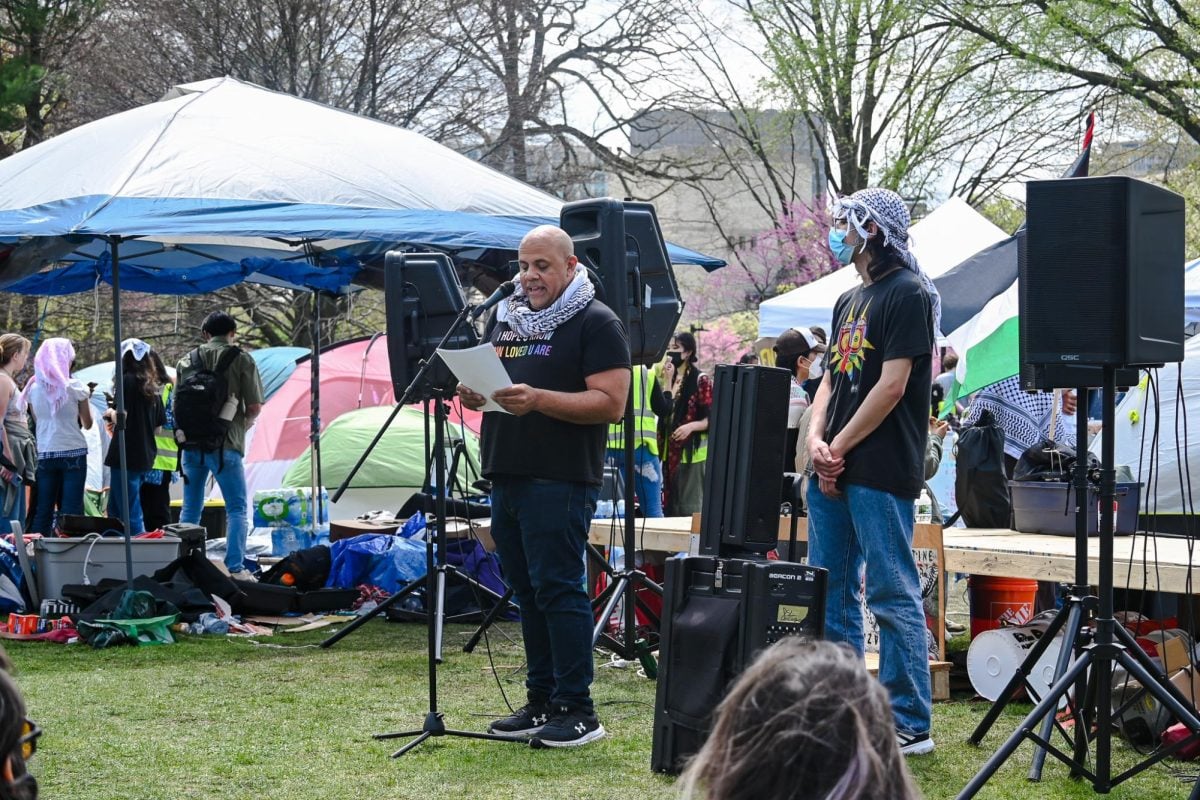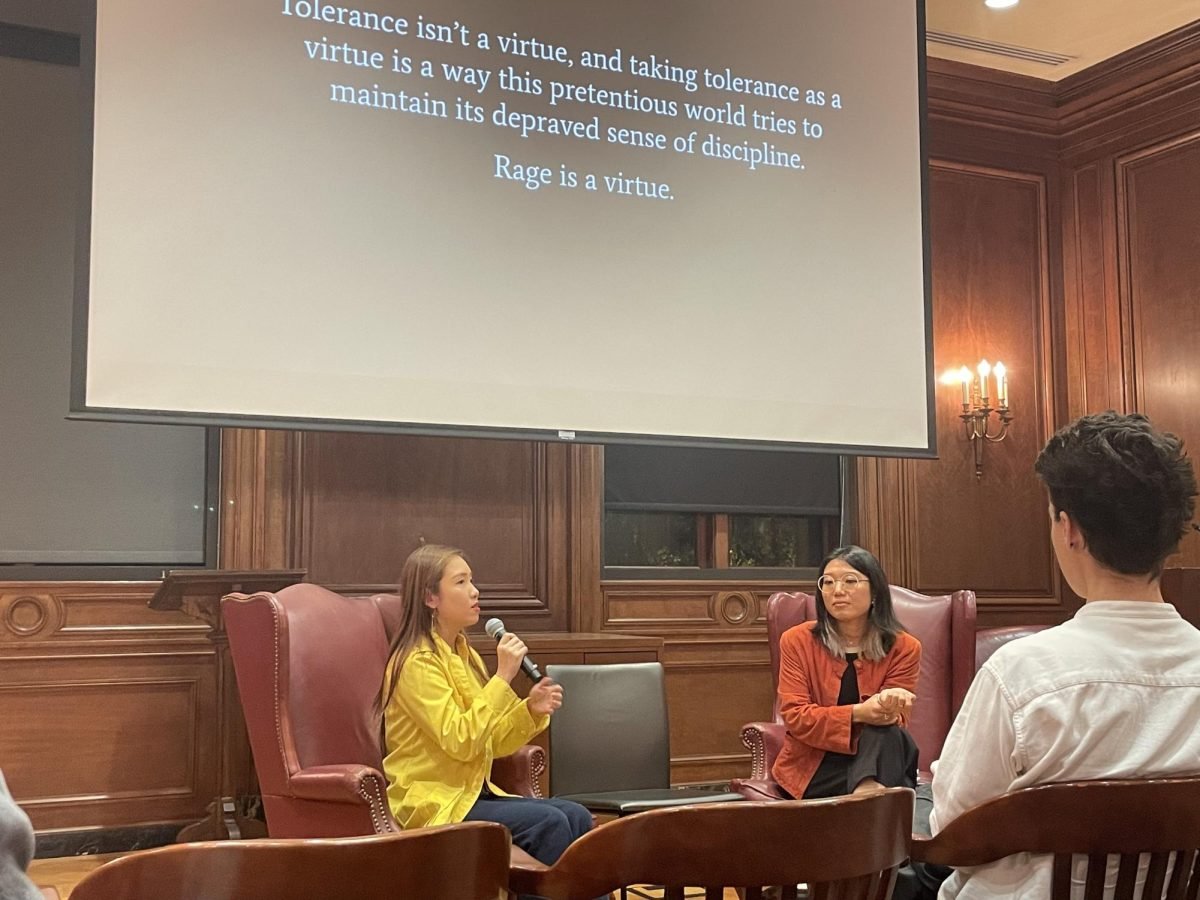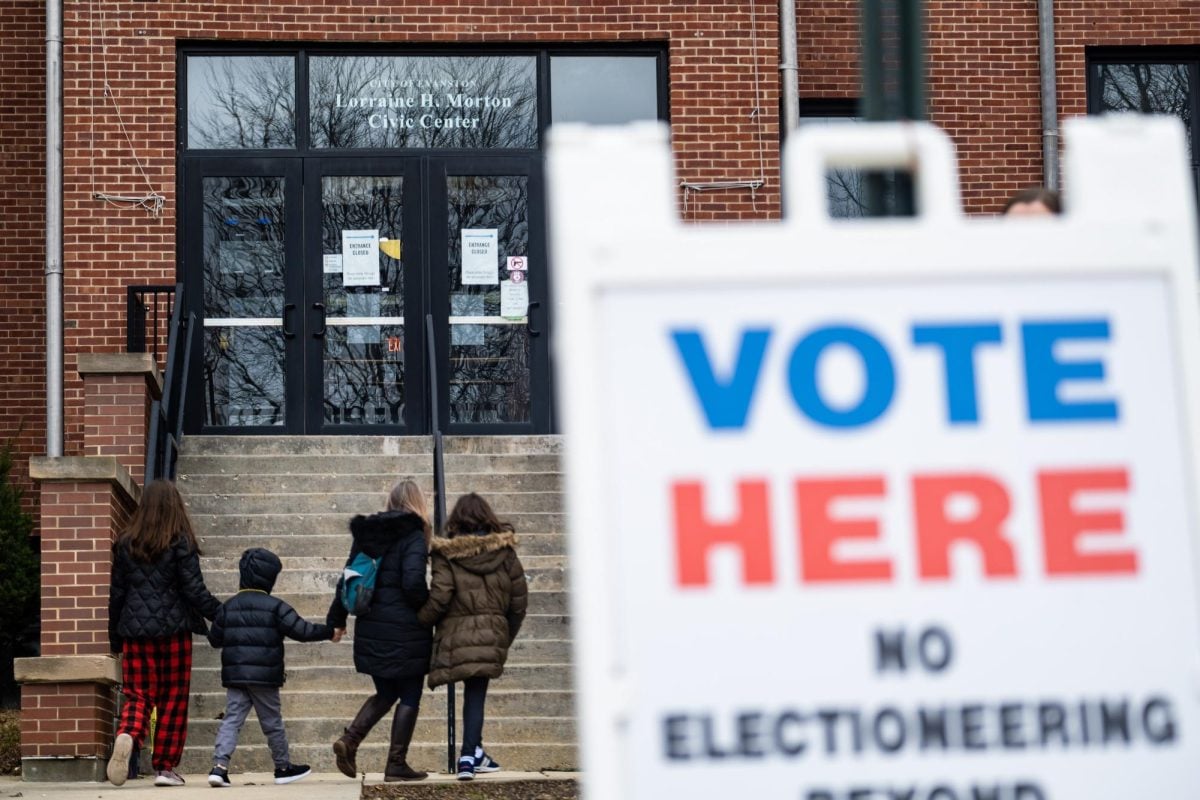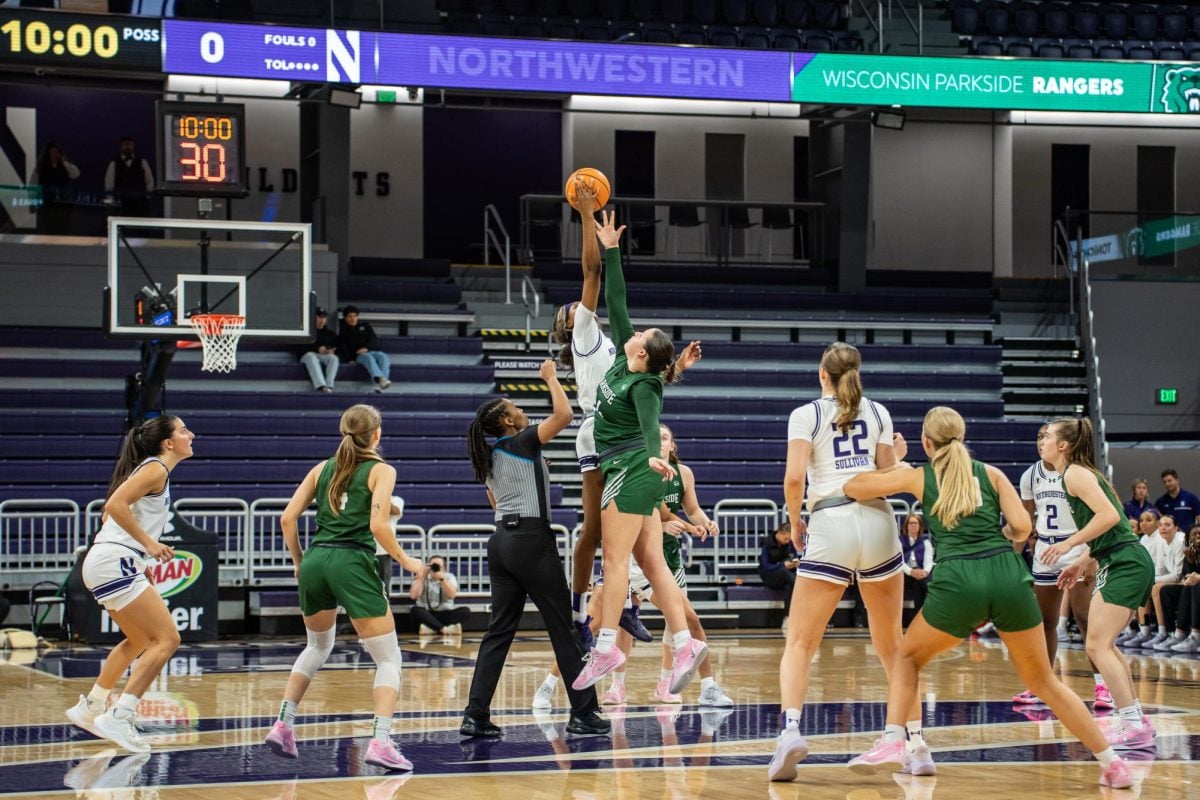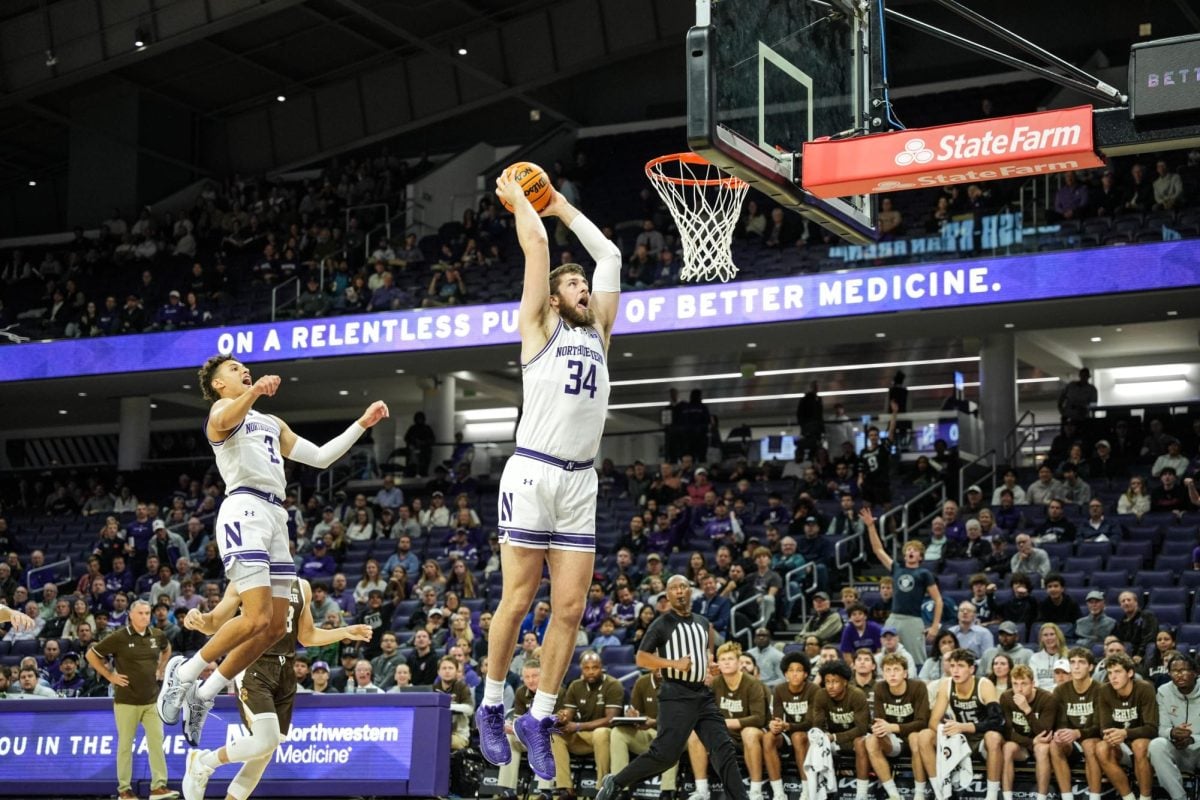After repeated calls for improved mental health services on campus, Student Affairs has approved the funding of three additional therapists for Counseling and Psychological Services next academic year.
The Undergraduate Budget Priorities Committee announced the additional funding in an email to all students Tuesday.
CAPS received as many new positions this year as Student Affairs funded in the last three years combined. John Dunkle, executive director of CAPS, said he has been asking for additional staff since 2010. Student pressure for more staff at CAPS elevated this year after the deaths of three students, including the suicides of Weinberg junior Alyssa Weaver and McCormick sophomore Dmitri Teplov.
The changes to CAPS come as a record number of Northwestern students are seeking out its mental health services. For the first time ever, more than 2,000 students have used CAPS this academic year, and Spring Quarter isn’t over yet. The annual number of students accessing CAPS increased this year by about 7 percent compared to last year and has steadily risen since 2010, Dunkle said.
“I’m really pleased, to be honest,” said Patricia Telles-Irvin, vice president of student affairs, about the number of students using mental health services. “It’s an incredibly important resource on campus that students should use.”
Dunkle said he thinks the increasing number of students accessing mental health services is in line with national trends and rising figures at schools similar to NU. The ratio of CAPS staff to students is 1 to 1,245; the average at peer schools is 1 to about 945. The new addition of counselors to CAPS makes NU’s ratio 1 to about 1,000, just above the average.
“I’d like to get a little bit better,” Dunkle said.
The three new therapists will target different areas of mental health services. One new addition will lead the Question-Persuade-Refer Suicide Prevention Gatekeeper Training Program. Dunkle said in the past year, 1,200 members of the NU community have been trained in QPR, including students in Associated Student Government, all first-year Feinberg students and, most recently, all peer advisers. Dunkle said he hopes the clinician will be able to train at least 750 students in the program in the next academic year.
More than 60 students using CAPS, many exhibiting suicidal intentions, received hospital attention for mental health issues this academic year, Dunkle said.
In addition to the new QPR position, the staff expansion will allow CAPS to hire a new full-time psychiatrist who will reach out to Hispanic and Latino students. Dunkle said the office already has staff members who act as liaisons with African American Student Affairs, Asian/Asian American Student Affairs and the LGBT Resource Center.
This expansion follows calls from students for better mental health resources for minority students during discussions about campus diversity and inclusion.
CAPS will get a third therapist who specializes in working with student-athletes, following a request from the athletic department for this service. Dunkle said he is very excited for this new position, although it was not one of the four he initially included in his strategic plan.
The original CAPS request to Student Affairs additionally called for a full-time position to lead a peer listening program, something students have advocated for as part of the NU Listens group. Dunkle said although the initiative was not funded this year, he hopes to start a pilot version of the program. The other plan also called for a new position that would allow CAPS to accommodate more students and potentially explore offering long-term therapy options. Currently, students are limited to 12 free sessions. Dunkle said he still hopes to look into potential ways CAPS could do this after hiring the three new staffers.
Alex Van Atta, ASG executive vice president and a member of the campus coalition on mental health, called the staff increases “a step in the right direction.”
The McCormick junior said he will continue to push for more mental health services, including a peer listening program, as he promised during his ASG campaign. A new Essential NU about mental health services should increase awareness on campus, Van Atta said, and he hopes to increase relevant programming as well.
“This is huge news for campus,” Van Atta said. “Looking forward to next year, I’m really optimistic about where campus can go.”
